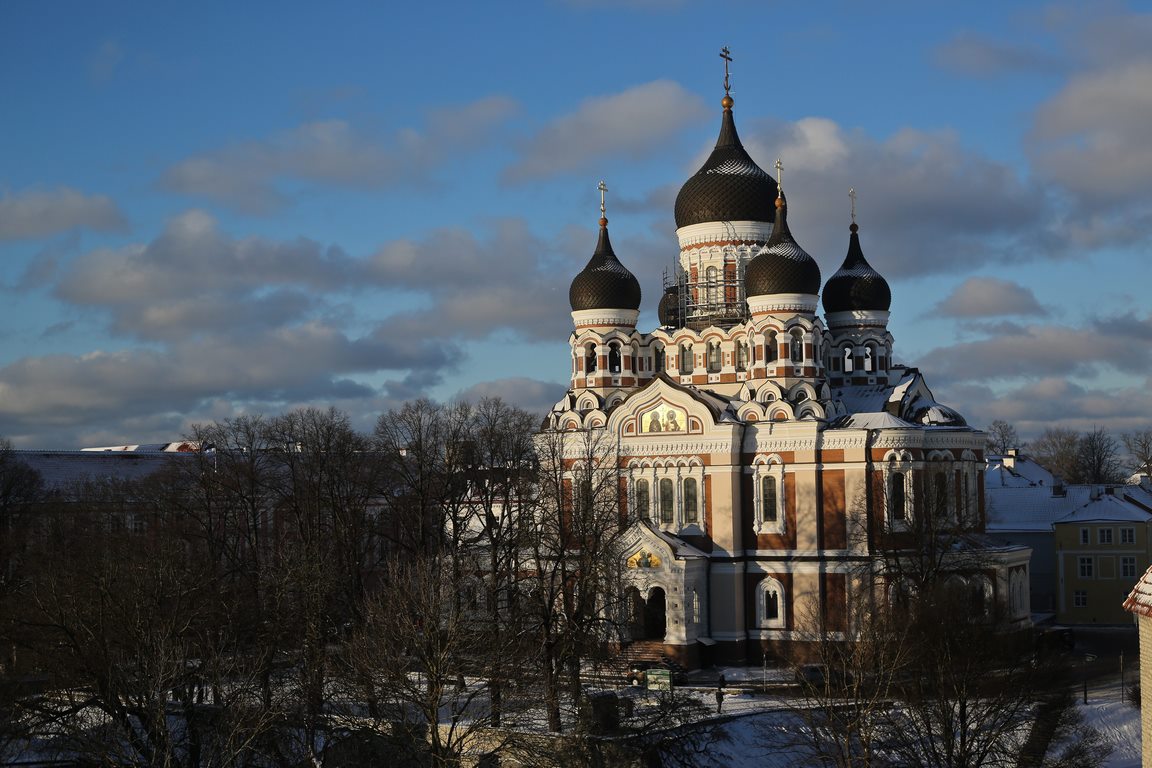RUSSIA MONITOR
Date: 27 May 2017
Estonia Expels Russian Diplomats
Russian consul general and another consul in the town of Narva must leave Estonia by the end of May. The government in Tallinn give no reasons for declaring the two Russians as personae non gratae. An adequate response from Moscow is to be expected: expelling two Estonian diplomats of a similar rank. This has been another recent incident demonstrating that relations between Estonia and Russia are tense.

On May 26, the Estonian foreign ministry informed that consul general of Russian Federation in Narva Dmitry Kazennov and consul Sergei Surgaev must leave Estonia. Russian ambassador to Tallinn explained later that the two diplomats would have to leave by the end of May. The Estonians did not give any reasons for this decision. Russian foreign ministry described the expulsion of two diplomats employed in Consulate General of Russian Federation as “one more unfriendly and groundless action that will not go unanswered”. This means that two Estonian consuls will be expelled from Russia.
Narva is a border town, dominated by Russian-speaking migrant population. Estonians make up a mere 4% of its inhabitants. Such proportion is typical for many other towns in northeastern Estonia (in particular in the Ida-Virumaa region) – this is a result of Soviet colonization at the time communism. Comers from other parts of the USSR would settle in the most industrialized part of Estonia.
The expulsion of Russian diplomats may be connected with the tense situation around the monument commemorating Soviet airmen, located on a private plot in the town of Kiviõli, west of Narva. At night on May 15, the monument was again devastated by hooligans. 1On May 18, Russian foreign ministry spokeswoman Maria Zakharova released a very definitive statement about the fact. Subsequently, consuls Kazennov and Surgaev met with Kiviõli’s Mayor Nikolay Voyeykin and tried to persuade him to move the monument from the private grounds to the municipal cemetery. The reason why Russians were given a note demanding them to leave Estonia was not the very fact of this conversation but the anti-Estonian rhetoric used by the Russians in its course – the conversation was allegedly recorded and the recording fell into the hands of Estonian authorities.
Estonian government and intelligence are highly sensitive to all historical issues that may be used by Moscow for political purposes. They still remember the war over the so called Bronze Soldier, in the spring of 2007. Relocation of the monument commemorating Soviet soldiers from the center of Estonian capital to a military burial grounds gave Moscow a pretext to trigger a wave of riots in Estonia (there were fatalities), a cyber attack on Estonian government and financial webpages, as well as a diplomatic conflict. Moreover, Tallinn is now scared of subversive actions of Russia that may be related to the approaching large military exercise Zapad 2017. Estonian counterintelligence is very busy. In May, a Russian national was convicted by the court for five years in prison, charged with spying for Moscow. This may be the GRU spy who was caught in January. In 2016, two FSB spies were arrested and sentenced to jail.
All texts published by the Warsaw Institute Foundation may be disseminated on the condition that their origin is credited. Images may not be used without permission.










